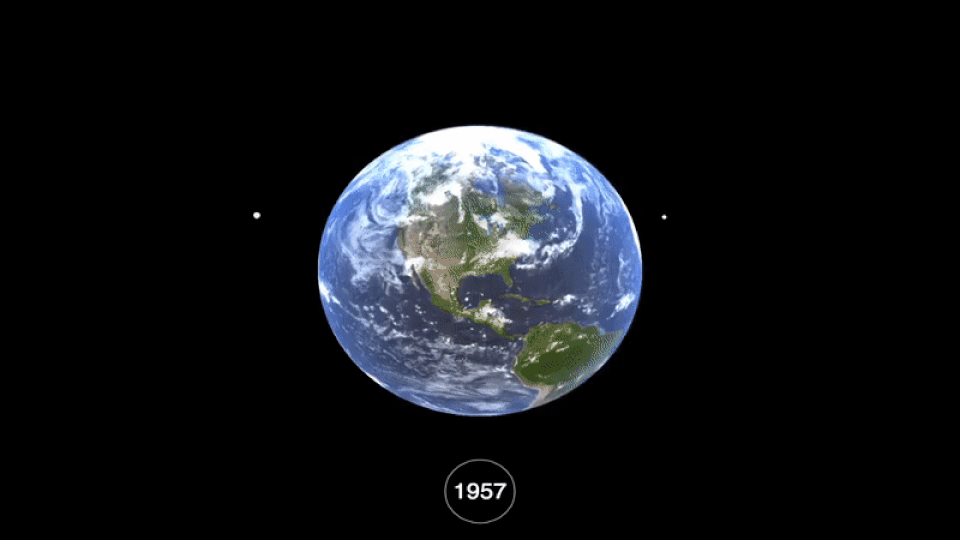Germany spacetech startup OKAPI: Orbits has raised €5.5 million in a seed funding round. A spinoff from TU Braunschweig, Okapi pools celestial data from radar, telescope, in-orbit sensors, and laser ranging data to provide a highly accurate picture of just what is floating where, and when. The seed investment will be used to further expand the platform’s product portfolio as the startup sets out on both brand awareness and an expansion of its userbase.
Back in the heady days of the space race, other than a meteor or two here and there, astronauts and the teams on the ground that support them, didn’t really have too many worries when it came to plotting a course. Up, and then back down (relatively speaking).
Since the day of Gagarin, we as a species have done a rather remarkable job of condensing a rather impressive(?) and growing daily pile of trash that orbits the rock we call home. According to NASA, “There are approximately 23,000 pieces of debris larger than a softball orbiting the Earth, traveling at speeds up to 17,500 mph, fast enough for a relatively small piece of orbital debris to damage a satellite or a spacecraft.”
The issue of space junk has reached the point that today’s standard operating procedure is to account for it, with active space objects planning maneuvers around these hazards, but as with any high-risk proposition, things don’t always go according to plan.

This is where Okapi hopes to come to the rescue, by providing an as precise as possible, and complete map of objects and actions conducted in space. Okapi’s offer is already in employ with over 50 spacecraft in orbit and some 150+ registered users in Europe, The United States, and Asia-Pacific.
“We’re building the first-ever tool designed to maximize profits and secure zero impact in the precious space environment. With OKAPI: Orbits, everyone who is working in and with space has can access critical information with just one click, integration into customer systems takes less than 10 minutes, and operators know exactly how missions can be optimised without interfering with others,” explained co-founder and CEO Kristina Nikolaus. “The opportunity here is massive: more than 70 thousand satellites1 will be operated in low Earth orbits within the next decades - almost seven times more satellites than launched between 1957 and 2020.”
Okapi: orbits’ €5.5 million seed funding round was led by MunichRe Ventures, with Dolby Family Ventures, Herius Capital, and APEX Ventures participating.



Would you like to write the first comment?
Login to post comments